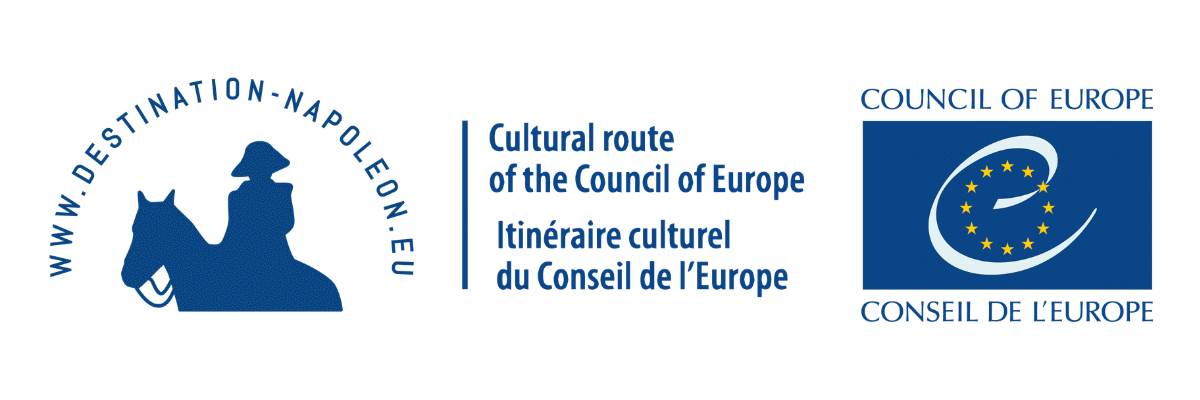European Week 2023

Napoleon and botany: between science
and landscaping
Third edition of the European Destination Napoleon Week
5 - 14 May 2023
The European Federation of Napoleonic Cities (EFNC) is organising the third edition of the European Destination Napoleon Week from Friday 5 to Sunday 14 May 2023. With the theme of botany and the development of green spaces at the time of Napoleon, the FECN will highlight on its various communication channels, in particular its website www.destination-napoleon.eu, the events of its member cities related to the theme and/or taking place during the week.
The European Week aims to stimulate local cultural tourism through the discovery of the heritage of the Federation's member cities. It will take place in about ten countries and will highlight the heritage of Napoleon and his time in today's Europe.
Your events
You want to promote your event during the European Destination Napoleon Week on our social networks? Write to us at contact@napoleoncities.eu
In Napoleon's time, botany and natural sciences underwent important developments. New plants and trees were discovered on scientific and military expeditions, brought back to Europe from Africa and Australia, acclimatised in special nurseries and finally planted in botanical and private gardens, which often represented collections of botanical curiosities. Botanists represented plants, flowers and trees for scientific purposes, dedicating new discoveries to the emperor. Painters depicted flowers and plant elements in portraits of Napoleon and his family, giving them allegorical and symbolic meaning.
The importance of plants and trees also increased in public spaces, such as city parks and cemeteries, and along roadsides, where the Emperor ordered the planting of long rows of plane and lime trees in France, Italy, and Croatia and along the routes taken by his troops. Napoleon also contributed to the development of agriculture, with the Napoleonic cadastre providing a better understanding of the division of rural landscapes and production patterns across Europe.



![european week 2023 5 View of Longwood House from the Flower Garden : [print] - National Library of France, France - No Copyright](https://www.destination-napoleon.eu/wp-content/uploads/2023/03/Vue-Maison-Longwood-BNF-No-Copyright-Europeana.jpg)


